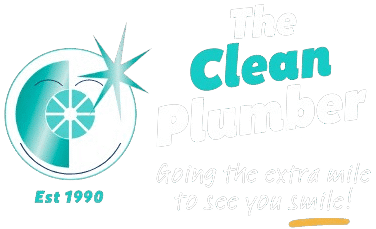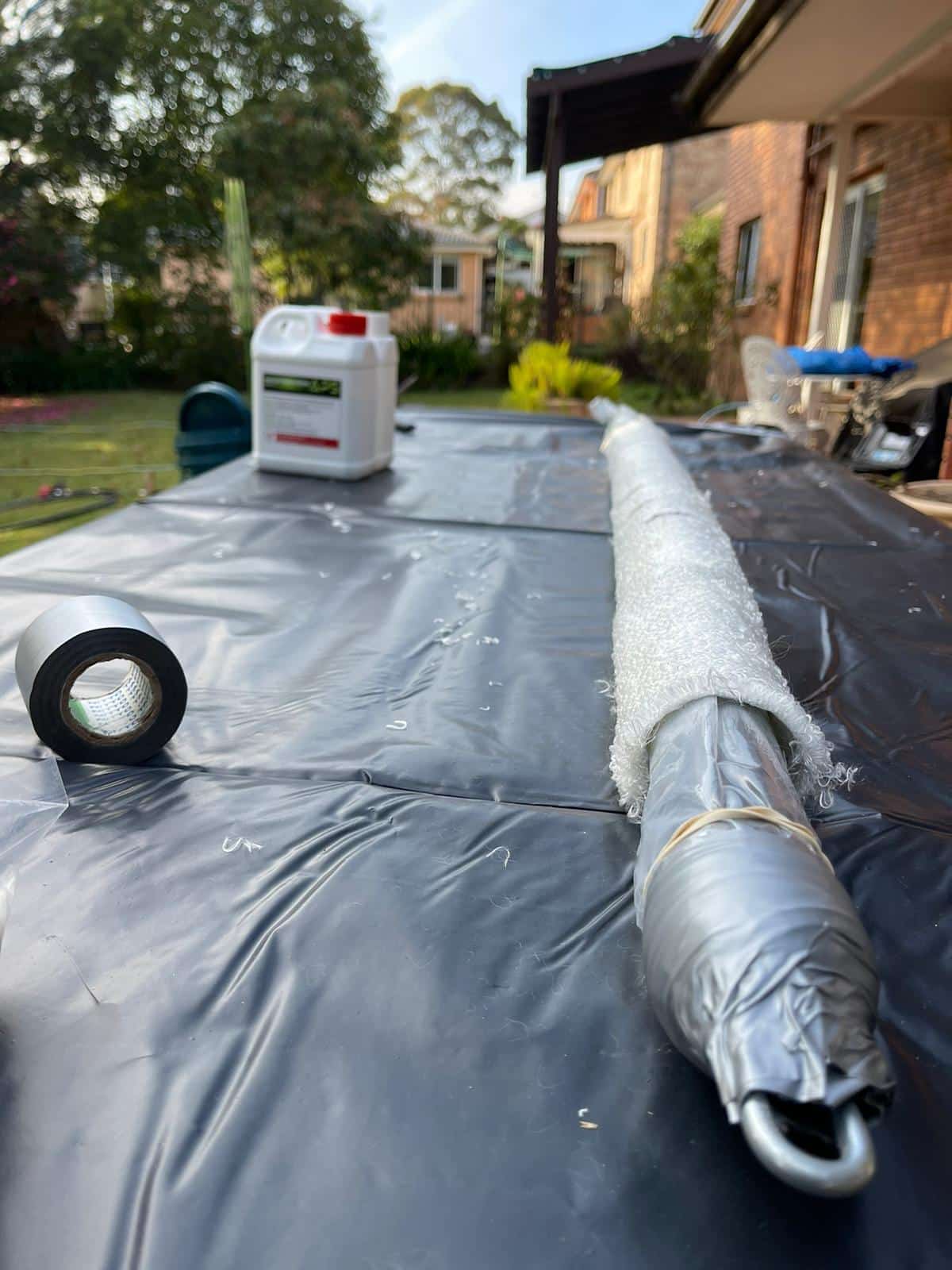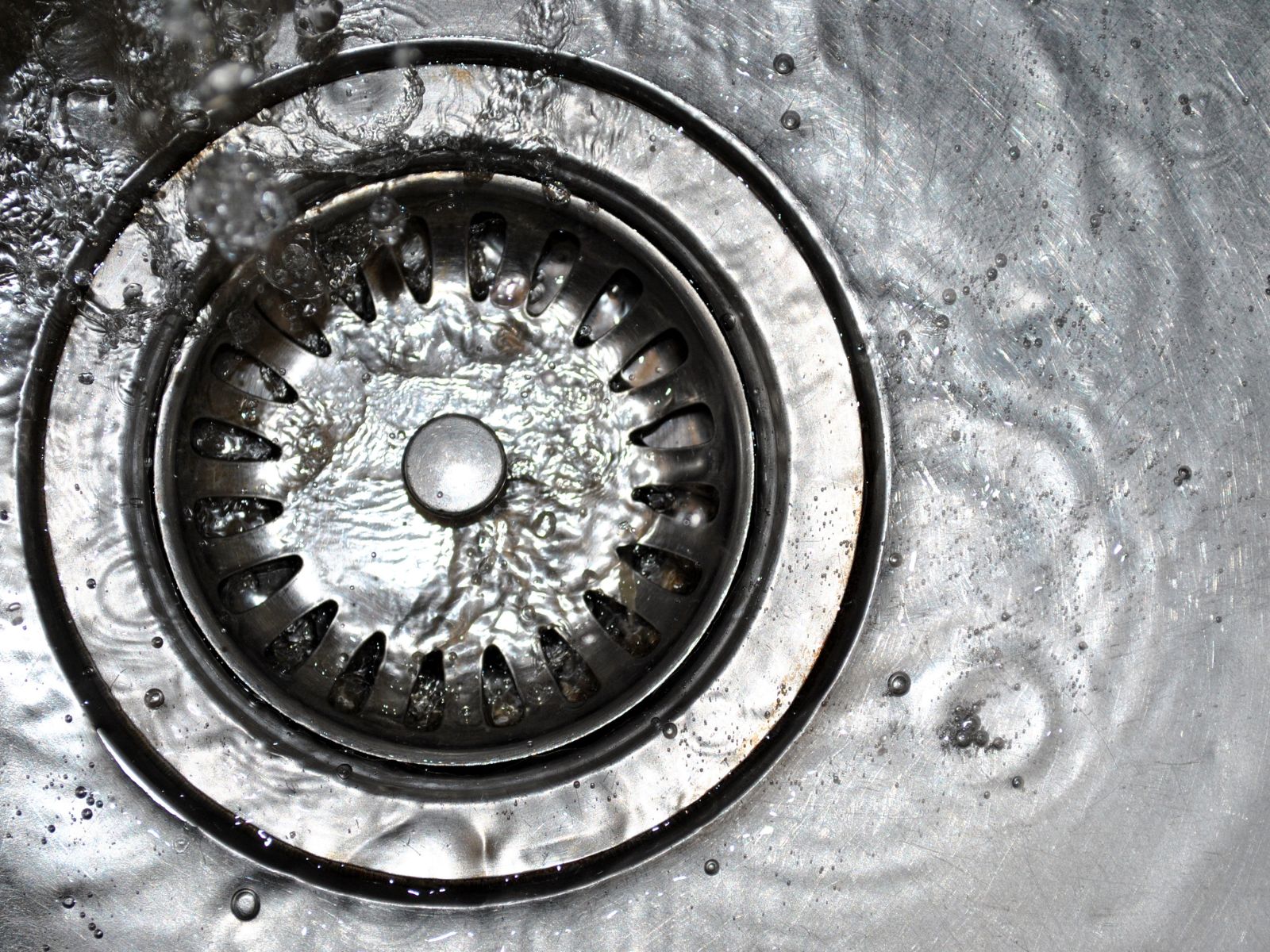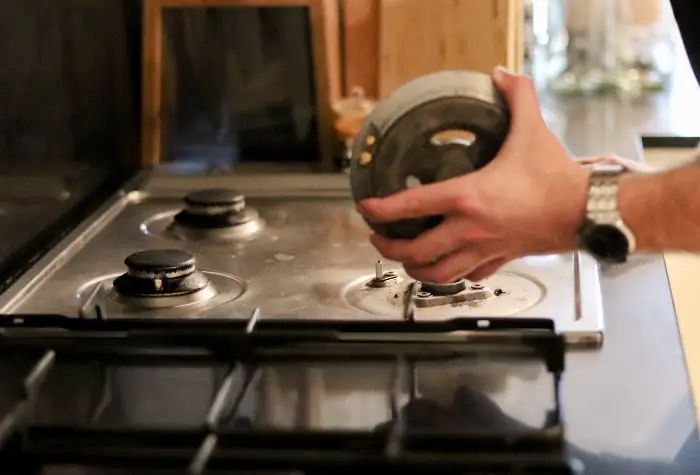Gas leaks are a serious concern for homeowners and residents, as they pose significant safety risks. Recognising the early signs of a gas leak and understanding the symptoms of gas exposure is essential for preventing accidents, protecting your health, and ensuring safety. Whether the leak is from a household appliance or a gas line, acting quickly can help reduce the risk of explosions, fires, and long-term health impacts. It’s always wise to consult a healthcare professional if you suspect exposure.
This guide will help you understand gas leaks, identify key symptoms, highlight important signs, and outline the safety measures to take if you suspect a leak in your home.
Understanding Gas Leaks
A natural gas leak occurs when gas or LPG escapes from a pipe, appliance, or other equipment due to damage, corrosion or improper installation. Natural gas is both odourless and colourless, making it difficult to detect. However, hissing sounds can also signal a leak.
To assist detection, gas companies add a chemical called mercaptan, which gives gas its distinct “rotten egg” smell. This strong odour helps people identify a leak before it becomes dangerous.
What is a Gas Leak?
Gas leaks are major safety hazards that can result in explosions, fires, gas poisoning, and even carbon monoxide poisoning – particularly if there is extended exposure. Aside from health risks, gas leaks can also lead to higher energy bills and damage to your appliances or property. Recognising warning signs, like dead vegetation or odd smells, and acting quickly is critical for keeping everyone safe.
Identifying Gas Leak Symptoms
Gas leaks may show a range of signs. Be alert to the following physical symptoms and environmental indicators that could point to a leak in or around your home.
Physical Symptoms of Gas Exposure
Carbon monoxide poisoning is a common danger linked to gas leaks. Prolonged exposure can be life-threatening. Common symptoms include:
- Headaches
- Dizziness
- Nausea
- Fatigue
- Shortness of breath
- Confusion
- Loss of consciousness (in severe cases)
If you experience any of these symptoms and suspect a gas leak—especially near gas appliances—move to fresh air immediately and contact emergency services.
Visual Indicators of a Gas Leak
Watch out for these visual cues that could signal a gas leak:
- Yellow or orange flames instead of blue ones on gas stovetops or heaters
- Dead or wilting plants (even when watered)
- Scorch marks or soot around gas appliances
- A white mist or fog near gas pipes
- Swirling dust or debris close to a gas line
- Bubbles forming in water near gas lines
Auditory and Olfactory Signs
Gas leaks can also be detected through unusual sounds and smells:
- A strong sulphur or “rotten egg” smell
- Hissing or whistling sounds near a gas pipe or appliance
If you notice any of these, investigate immediately and take safety precautions.
Gas Leak Detection Methods
If you suspect a gas leak, you can use the following methods to help confirm it:
Use a Gas Leak Detector
Electronic gas detectors, available at most hardware stores, can detect leaks in pipes, appliances, vents, and other areas. Keeping these in working order can help prevent accidents.
Identify Foul Odours
Gas itself has no smell, but the added mercaptan gives it that rotten egg-like scent. If you detect this odour, act straight away.
Listen for Unusual Sounds
Hissing or whistling near pipes or appliances often means there’s a leak. The louder the sound as you approach the source, the more likely a leak is present.
Safety Measures to Take
If you suspect a gas leak, follow these steps to stay safe:
Install a Carbon Monoxide Alarm
CO alarms detect harmful levels of carbon monoxide in the air. Install them near sleeping areas and gas-powered appliances, and check batteries regularly.
Shut Off the Gas Supply
Find the main shut-off valve (usually near the gas meter outside). If safe, turn the valve a quarter turn clockwise to stop the gas flow. Do not turn it back on yourself—call a licensed professional.
Preventing Gas Leaks
Ongoing maintenance and regular checks can greatly reduce the chance of gas leaks.
Inspect Gas Lines Regularly
Look for cracks, rust, or damage to pipes and appliances. It’s best to have a licensed gas fitter inspect your system each year.
Maintain Household Appliances
Clean and service stoves, heaters, and hot water systems regularly. Replace older appliances showing signs of wear. Ensure proper ventilation for all gas-powered appliances.
Emergency Procedures for Gas Leaks
If you detect a gas leak, especially near standing water or pipes, take the following steps:
What to Do If You Suspect a Gas Leak
- Evacuate immediately – Leave your home and move to a safe location.
- Avoid electrical switches – Don’t use phones, lights, or anything that may cause sparks.
- Ventilate if safe – Open windows and doors to help disperse the gas.
- Shut off the gas – Only if it is safe to do so.
- Call for help – Contact your gas provider, a licensed gas fitter, or emergency services.
Gas Leak Costs and Consequences
Ignoring a gas leak can have serious consequences:
Higher Gas Bills
A sudden spike in usage might indicate a leak. Compare bills to spot irregularities.
Health and Property Risks
Gas leaks can cause carbon monoxide or carbon dioxide poisoning, both of which can have serious health impacts. Gas build-up also increases the risk of explosion, and exposure can damage your home’s structure and appliances.
Final Thoughts
Gas leaks are dangerous but preventable. Regular appliance checks, proper maintenance, and swift action can protect your home and loved ones. If you notice symptoms, a rotten egg smell, or higher bills—don’t take chances. Evacuate, shut off the gas, and call a professional.
Being informed and prepared could save lives and help you avoid costly repairs.






